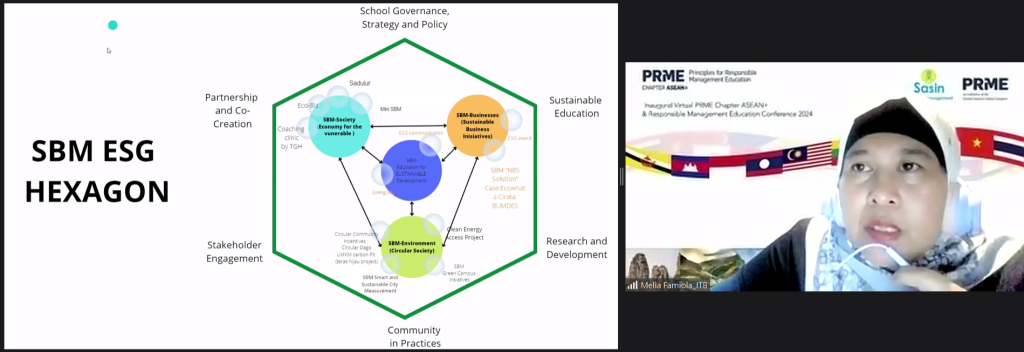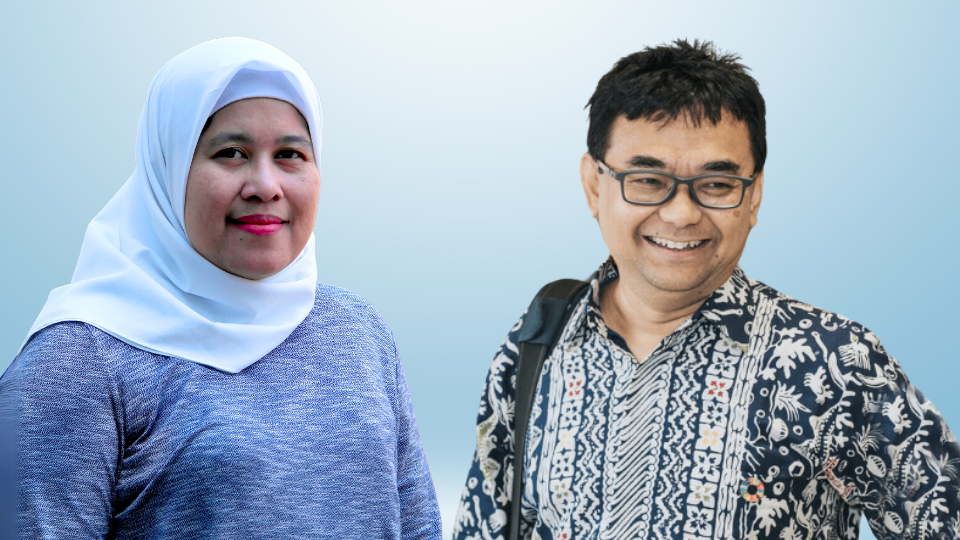Circular economy can be interpreted as an industrial system free of waste and pollution. The goal is to ensure that products are used optimally for as long as possible. This restorative approach is seen as promoting greater energy sustainability, making the use of materials and energy sources more economical and efficient.
The circular economy is also related to biological and technical materials. The goal is to minimize systematic leakage and negative external aspects in the company. However, to implement a circular economy, all parties must participate in studying, strategizing, practicing, and evaluating their actions according to the capacity of their respective companies.

The Chairperson of the Advisory Board of Social Investment Indonesia, Jalal, conveyed this when he was a speaker at Avirama Talks entitled “Circular Economic System to Build a Sustainable Future” in Bandung on Friday (25/10). According to Jalal, several large companies, such as Patagonia, Unilever, and Nature & Co, have had sustainability in advancing the company.
Meanwhile, Ika Roseliyana, Secretary General of the Indonesian Packaging Recovery Organization (IPRO), who was also present as a speaker, shared her experience on how IPRO improves the collection and recycling process of used packaging. Most of IPRO’s activities are carried out by increasing awareness of consumers and the public regarding waste recycling management, development and training for waste collectors to improve their ability in the waste recycling process, and integrating the informal sector into the formal economy by providing better social welfare.
IPRO implements development stages in its business process to address the company’s challenges. Paying attention to basic regulations in the company, being involved with company stakeholders, analyzing market stabilization, and analyzing aspects of efficiency and system optimization can solve company challenges. Starting from the challenges of regulatory fragmentation, lack of awareness and responsibility of producers, unstable recycling markets, and inefficient waste collection and sorting processes.

Meanwhile, Melia Famiola, a lecturer at SBM ITB, said that the application of social innovation to realize a circular economy can be implemented through the Circular Village. In general, Circular Village implements economic creation, food system development, conservation and waste management. Circular Village is defined as a resilient and growing community environment based on science and experiencing change through innovation.
Melia gave an example of the implementation of SBM ESG Hexagon. The initiative includes partnerships with related parties, continuous education, university governance, research and development related to ESG, sustainability practices in social communities, and engagement with related stakeholders. She emphasized that the main principles of the circular economy are eliminating pollution and waste, circulating products and materials into better value, and being generative towards the natural environment.




